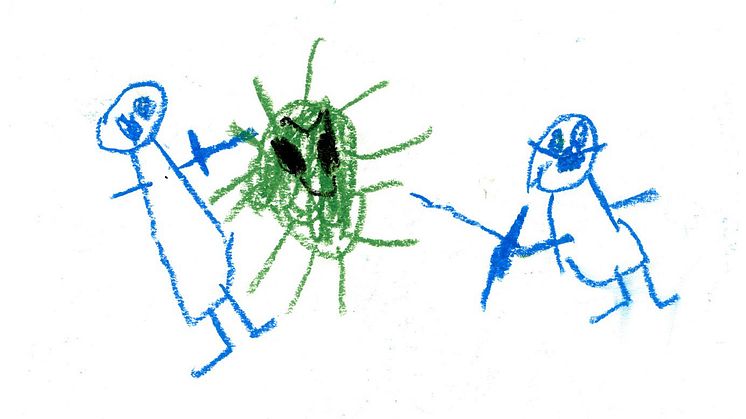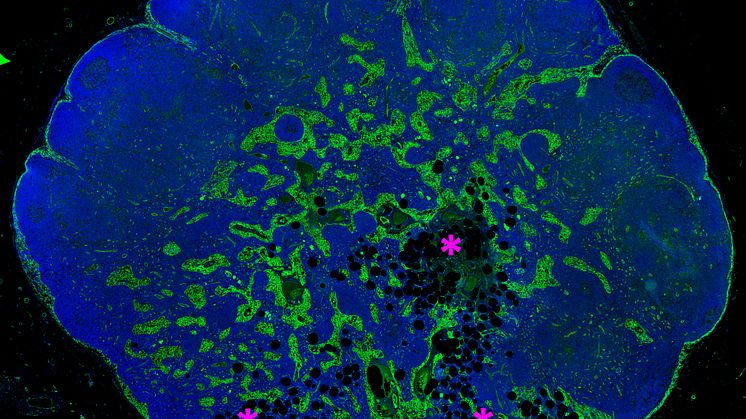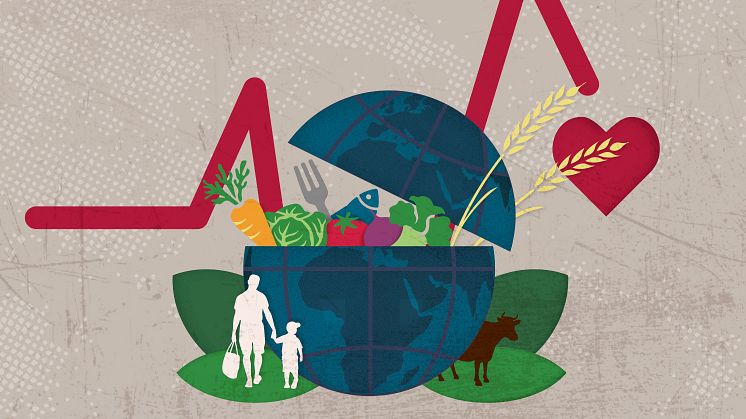Personalised blood pressure treatment more effective
Patients treated with blood pressure-lowering drugs can experience much greater improvements from a change of medication than from doubling the dose of their current medication. This is shown by a new study from Uppsala University, published in the Journal of the American Medical Association. In this study, 280 patients tested four different blood pressure-lowering drugs over the course of a year.






